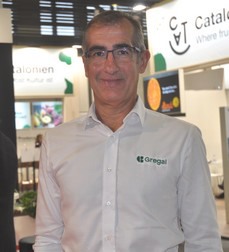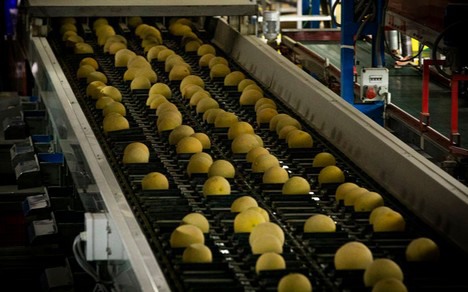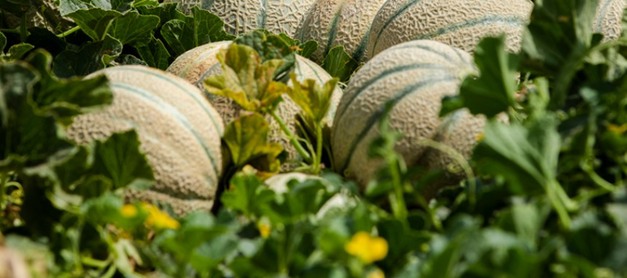The melon campaign started two to three weeks earlier in the Region of Murcia as a result of the high temperatures recorded in March and April. However, the abundant rains in May will cause a significant drop in the production during the first part of the season.

"We have started the harvest almost three weeks earlier compared to last year, when it was delayed by a week due to the rains," said Felipe Lopez, manager of Gregal. "This year, rainfall has come late and at a very bad time for this crop, and has been persistent for several weeks. In fact, it has been the wettest May on record since the 1960's."
The fruits to be harvested during the first month of the campaign were at an advanced stage of maturity during this rainy spell, so the crop has been severely affected and there will be a significant decline in the volumes of both melons and watermelons in the coming weeks. The Campo de Cartagena, Lorca or even the north of Almeria, have been greatly affected, with fields completely flooded.
"In addition to the direct loss of fruit by cracking due to excess moisture, there is a higher rate of skin defects. The fruit setting of the later fruit has also been affected and pests have proliferated, forcing us to triple the amount of (mostly organic) treatments, since now is the harvest period for the fruit," explains Felipe Lopez.

"We are doing everything possible and impossible to try to save as much fruit as possible. It has made our work harder both in the field and in our facilities, since the fruit is harvested with a lot of mud and it takes much longer to wash it, and there are also more incidents than usual at destination."
In general, production costs have skyrocketed and the production is smaller. "In fact, we foresee that in the next two or three weeks there will be a significant lack of melons and watermelons in Murcia and we may have to deal with challenging situations in the markets if the weather is good and there is a good demand. Depending on whether the plants manage to revitalize in the coming weeks, the volumes could go back to normal from July onwards. For the time being, the demand is good due to the summer weather at destination, and exporters are asking for more flexibility from distribution chains as regards the fruit's appearance and sizes."

Gregal produces and markets around 35,000 tons of melons annually, 90% of which are intended for export. It produces mainly yellow, Galia and Cantaloupe melons, as well as Piel de Sapo melons for the domestic market. Since 1996, it has had a British subsidiary, Gregal UK, and is part of the export consortium Difrusa Export.
For more information:
Felipe López
Gregal
Carril Los Pérez, S/N
30700 Torre Pacheco. Murcia. Spain
T: +34 968 58 55 56
felipe.lopez@gregal.es
www.gregal.com
